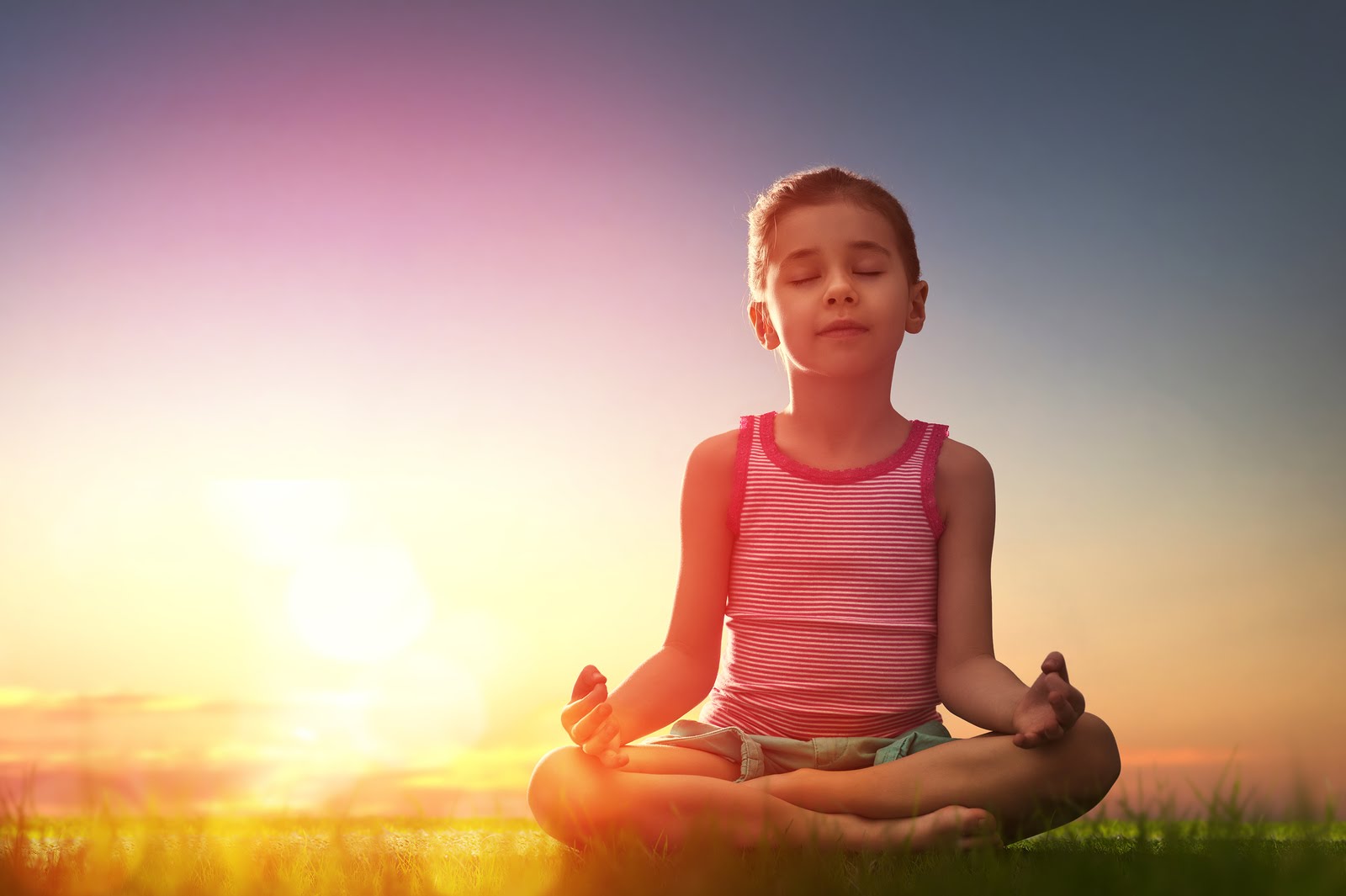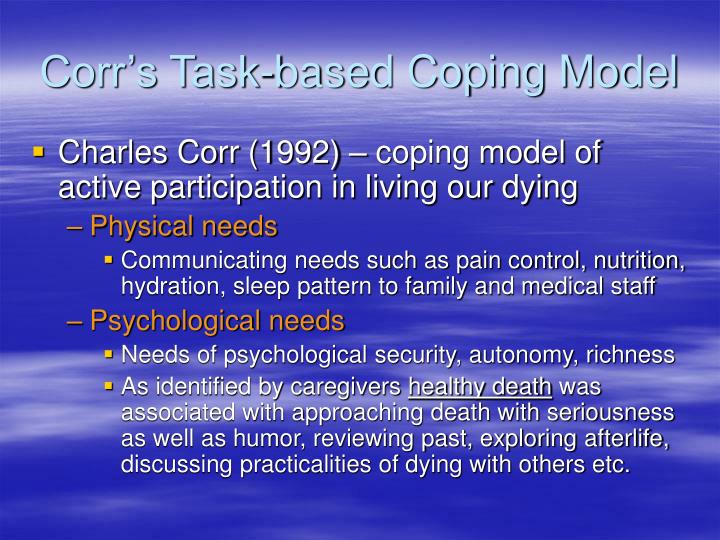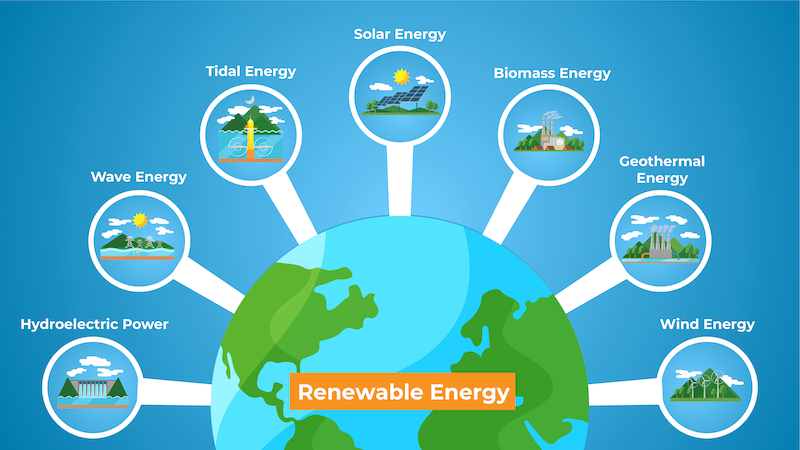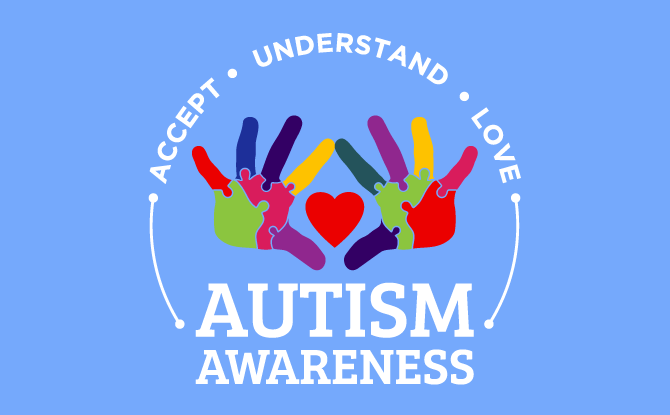


In a world where stress has become an almost inevitable part of life for young people, ancient practices like meditation offer a powerful solution to restore balance, peace, and mental well-being. Ma Dhyan Prachi, a meditation facilitator at Osho Dham, emphasizes the importance of relaxation and awareness to achieve a calmer, more balanced state of mind. Through practices like yog nidra, meditation can help individuals pause their incessant thinking, focus on the present moment, and cultivate thankfulness to combat stress and discontentment.
Meditation: An Ancient Practice for Modern Stress Relief
In an era marked by relentless stress and anxiety, ancient practices like meditation have garnered renewed attention for their profound benefits on mental well-being. Meditation has been recognized for centuries as a tool for cultivating calmness, inner peace, and mental clarity.
Origins and Concept of Meditation
Meditation has its roots in ancient Eastern traditions, particularly in Hinduism, Buddhism, and Taoism. It involves intentionally directing attention to a specific object, thought, or sensation, with the goal of training the mind to achieve a state of focused awareness. Regular meditation practice is believed to reduce stress, enhance emotional regulation, promote self-understanding, and improve overall mental health.
Benefits of Meditation
Modern research has substantiated the anecdotal evidence of meditation's benefits:
Top 5 FAQs about Meditation
1. Is meditation difficult to learn?
Meditation can be accessible for beginners. There are many different meditation techniques available, and finding one that resonates with you is essential. Patience and consistency in practice are crucial.
2. How long does it take to see benefits from meditation?
The benefits of meditation can vary depending on the individual and the frequency of practice. Some may experience positive effects after just a few sessions, while others may need more time to establish a consistent routine.
3. What is the best time to meditate?
There is no one-size-fits-all answer. Some prefer to meditate in the morning to start their day with a clear mind, while others find evening meditation more relaxing. Experiment with different times to find what works best for you.
4. Can I meditate without a teacher or guide?
While it is possible to learn meditation on your own, a qualified teacher or guide can provide valuable instruction, support, and accountability.
5. Is meditation a religious practice?
Meditation can be incorporated into both secular and spiritual practices. While some meditation techniques may have religious origins, they can be practiced independently of any specific religious beliefs or dogmas.
Conclusion
Meditation offers numerous benefits for improving mental health and well-being. By incorporating meditation into one's daily routine, individuals can experience reduced stress, increased emotional stability, enhanced cognitive function, and greater self-awareness. Whether you are new to meditation or an experienced practitioner, the practice offers a timeless path to inner peace and mental balance in the face of modern challenges.

With World Malaria Day approaching, it is important to understand the severity of this disease and the steps one can take for a speedy recovery. This year's theme, "Malaria Ends With Us: Reinvest, Reimagine, Reignite," aims to re-energize efforts towards eliminating malaria. From getting enough rest to staying hydrated and following proper nutrition, these tips can help in the treatment of malaria. Adhering to prescribed medication and seeking follow-ups with healthcare providers are also crucial for a full recovery.

A diverse group of individuals, including a genius with the world's highest IQ, a psychic with a museum in Tel Aviv, a skeptic Italian physicist, a researcher of the transition between life and death, and a biologist and writer, share their unique perspectives on the enduring mystery of what happens after we die. While some believe in an afterlife and the possibility of reuniting with loved ones in a different dimension, others dismiss such notions as fear-driven or scientifically implausible. Despite the conflicting viewpoints, the curiosity and debate surrounding this timeless topic continue.

As the world celebrates Earth Day, environmentalists are emphasising the need to shift towards renewable energy, particularly solar energy, to combat the ongoing climate crisis. With the theme 'Our Power, Our Planet', the focus is on raising awareness about the adoption of natural resources. Renewable energy is crucial for safeguarding natural resources and local communities, and experts are calling for the rapid transition to clean, sustainable sources like solar and biomass. The state of Telangana has abundant sunlight making solar energy a viable option, and it is essential for the government to introduce innovative initiatives to promote its adoption across all sectors. By embracing renewable energy, we can contribute to a greener tomorrow for our planet.

Professor Ning Zeng of the University of Maryland came up with the idea of burying dead trees instead of burning them to prevent carbon emissions into the atmosphere. Inspired by the durability of ancient wood found in archaeology, Zeng enlisted the help of a farmer in Maryland to bury 100 tons of unused and damaged trees on his property. However, Zeng faces a roadblock from government permits as burying wood is classified as a landfill and requires time-consuming approvals.

Researchers from the University of Helsinki and the Finnish Geospatial Institute have set up a long-term experiment using laser scanning technology to track the growth and phenology of individual trees. The study, the first of its kind, found that species richness, competitive pressure for light, and water availability all play a role in the timing of spring leaf burst and fall leaf senescence. This experiment provides a better understanding of how local factors impact tree growth and phenology, and the results have been published as open data for further research.

At the Beijing International Youth Innovation and Development Forum, experts emphasized the crucial role of young talent in shaping the future of innovation, particularly in rapidly evolving global scientific frontiers. They stressed on the need to trust, guide, and support young innovators in order to strengthen their skills, with Beijing itself fostering an inclusive talent ecosystem. The importance of cross-disciplinary collaboration in addressing global challenges such as climate change and energy security was also highlighted, with emerging technologies like quantum computing and renewable energy being crucial catalysts for progress in this regard.

World Liver Day, observed on April 19, was established in 2010 to raise global awareness about liver health and diseases. With the liver being the second largest organ and playing a crucial role in various bodily functions, the day brings attention to preventive measures and early screening. Additionally, it advocates for eliminating stigma and improving access to treatment for those affected by liver conditions.

On World Health Day, Dr. Swaramya Chandrasekaran, a gynaecologist at Rela Hospital Chennai, reflects on the progress and challenges in maternal and newborn health in India. She highlights the country's commendable decline in neonatal deaths and the success of flagship schemes such as Janani Suraksha Yojana and Janani Shishu Suraksha Karyakram. However, she also acknowledges the need for consistent quality of care, especially in rural areas, and calls for strengthening community awareness, upgrading infrastructure, and supporting maternal mental health. The adoption of global frameworks and the commitment to no mother or child being left behind further emphasize India's efforts towards a resilient future.

Recent events have sparked conversations among leading geophysicists about the risk of earthquakes in Vietnam, despite the country not being situated on major tectonic belts. Although the likelihood of catastrophic earthquakes is low, Vietnam still faces the potential for significant seismic activity, particularly in the northwest region. With the presence of multiple geological fault lines, some capable of producing earthquakes with magnitudes up to seven, experts urge for seismic hazard assessments and preparedness measures to mitigate potential damage.

On April 2, the world recognizes World Autism Awareness Day, bringing attention to the challenges faced by individuals with autism. The term "autism" was first introduced in 1911 and has been further defined and understood since then. As a wide range of developmental disorders, each diagnosis is unique, making it important to understand and support those on the spectrum. This day aims to raise awareness and promote understanding and support for individuals and their families.